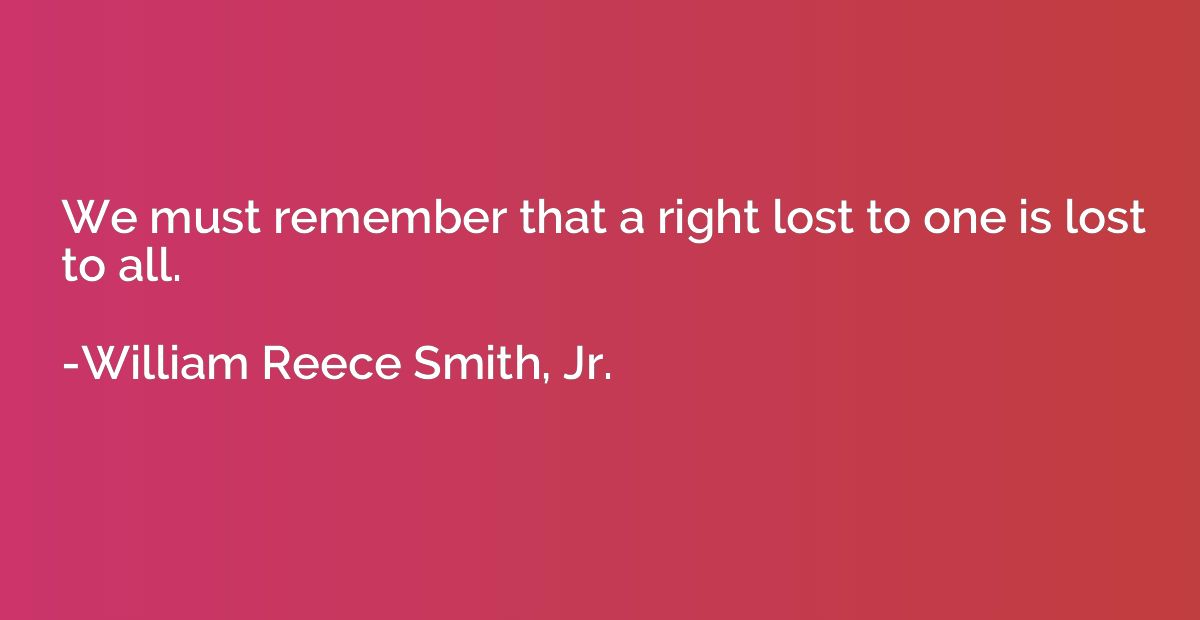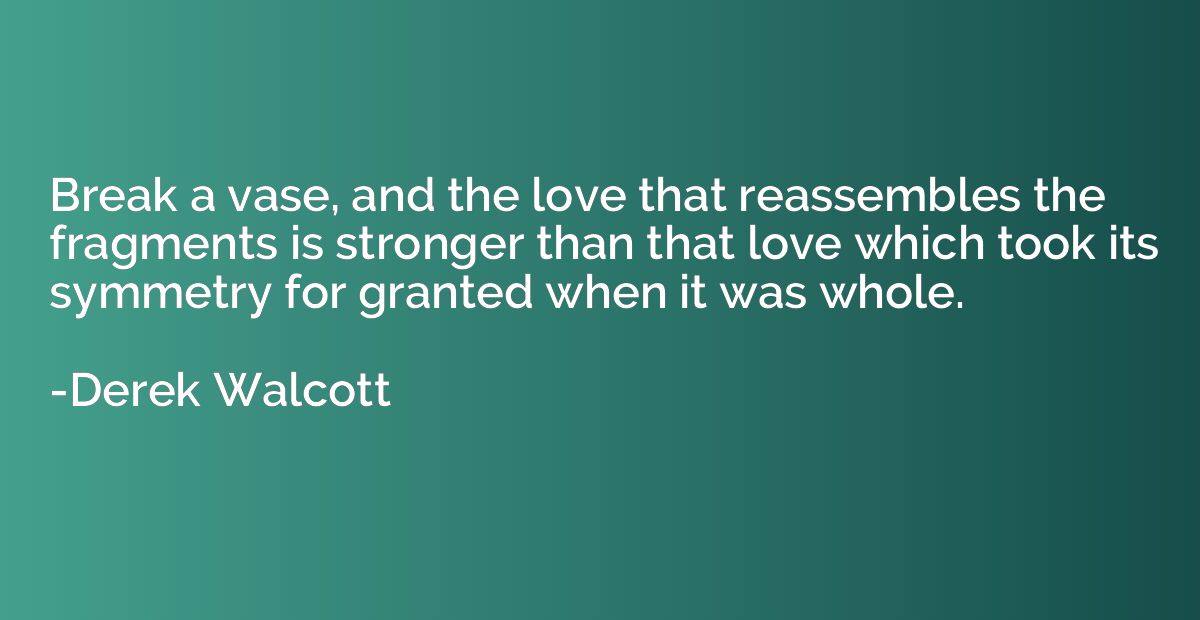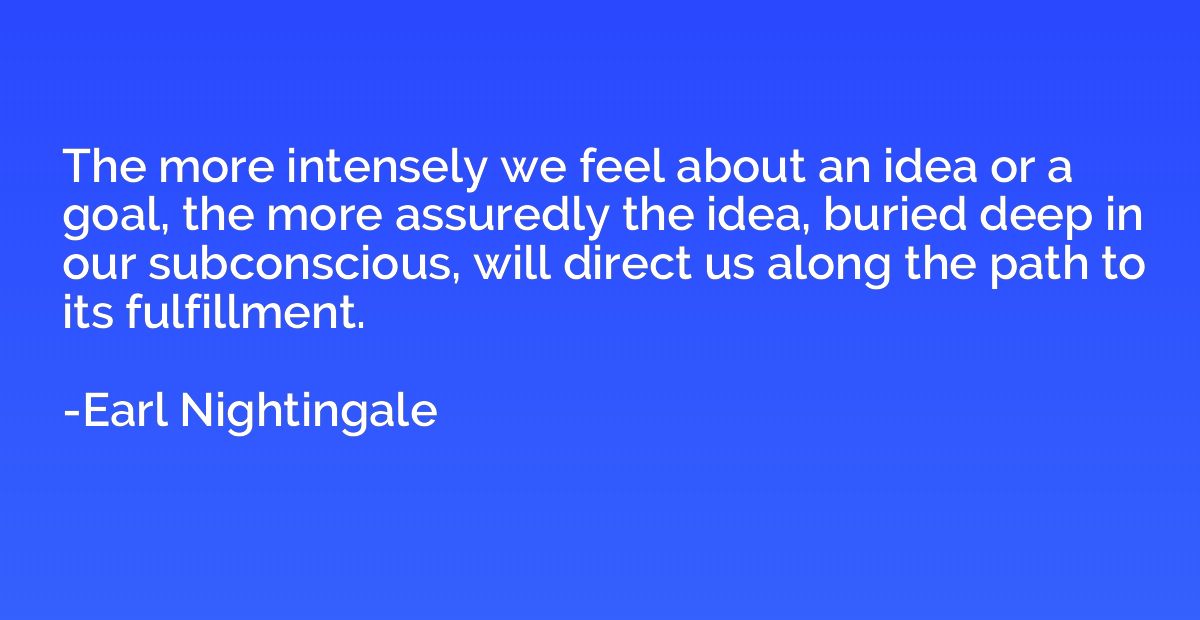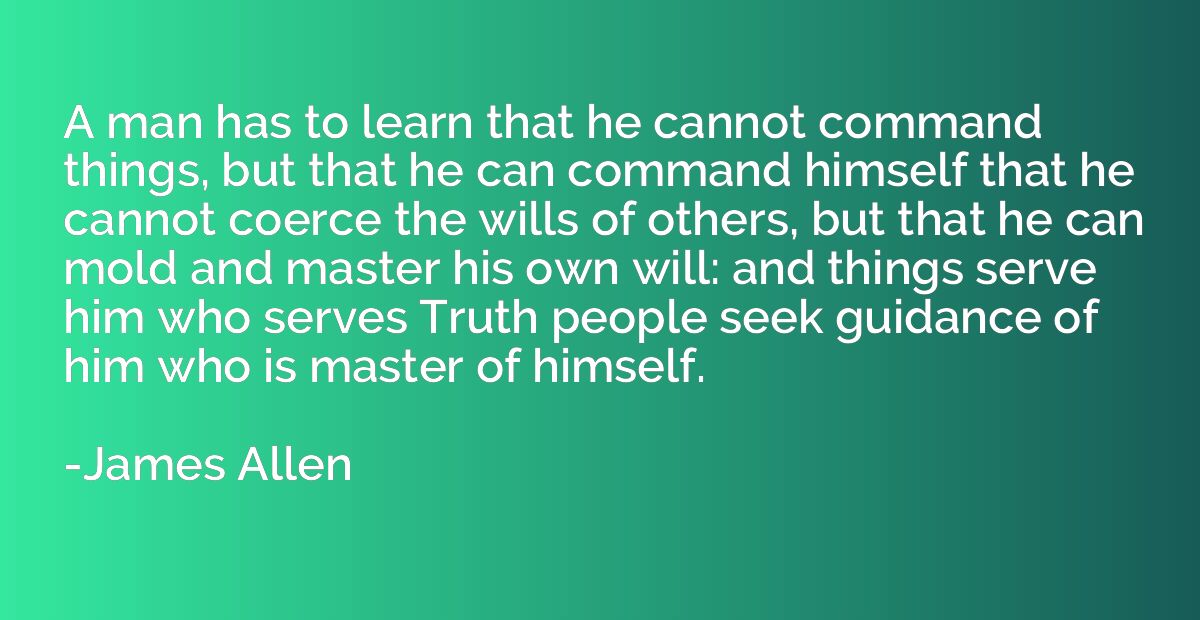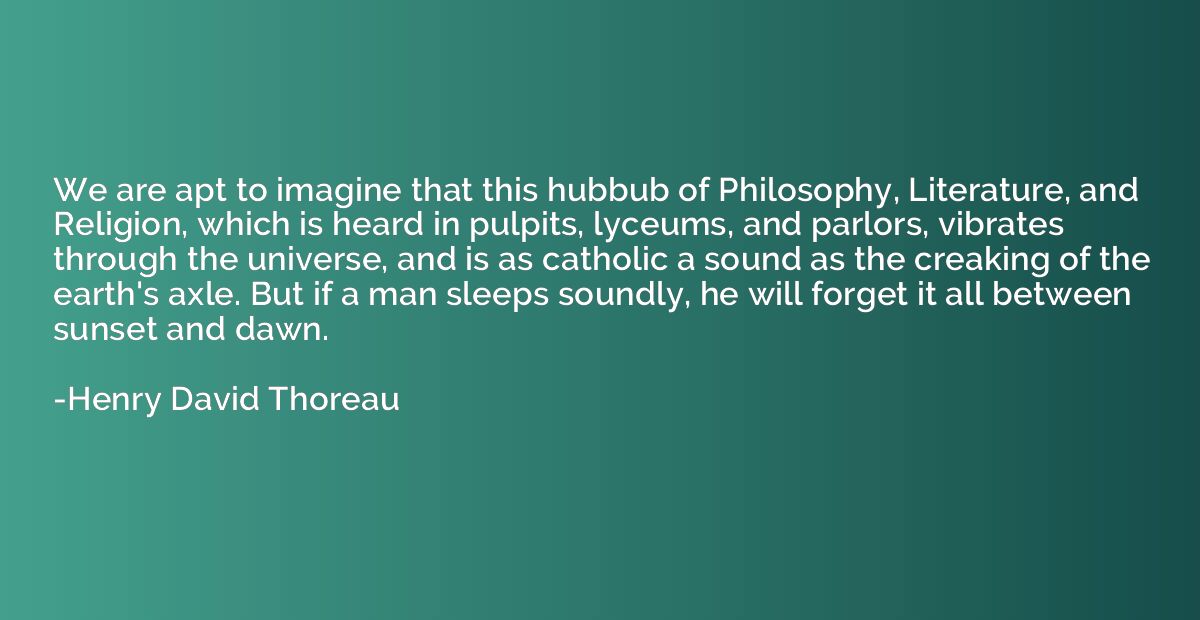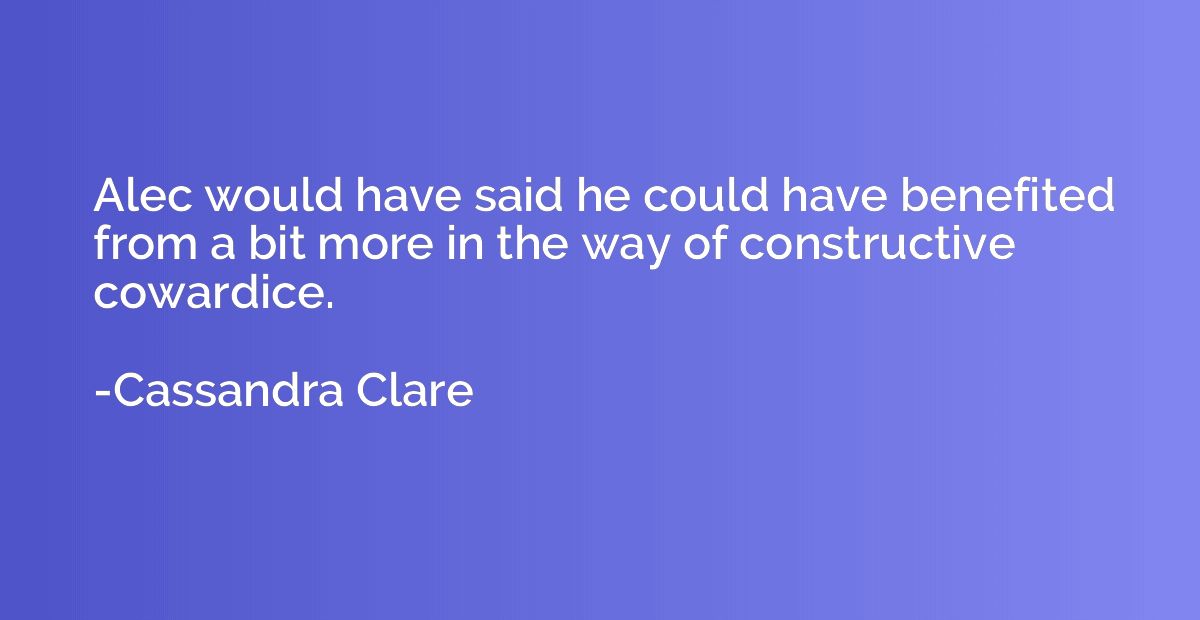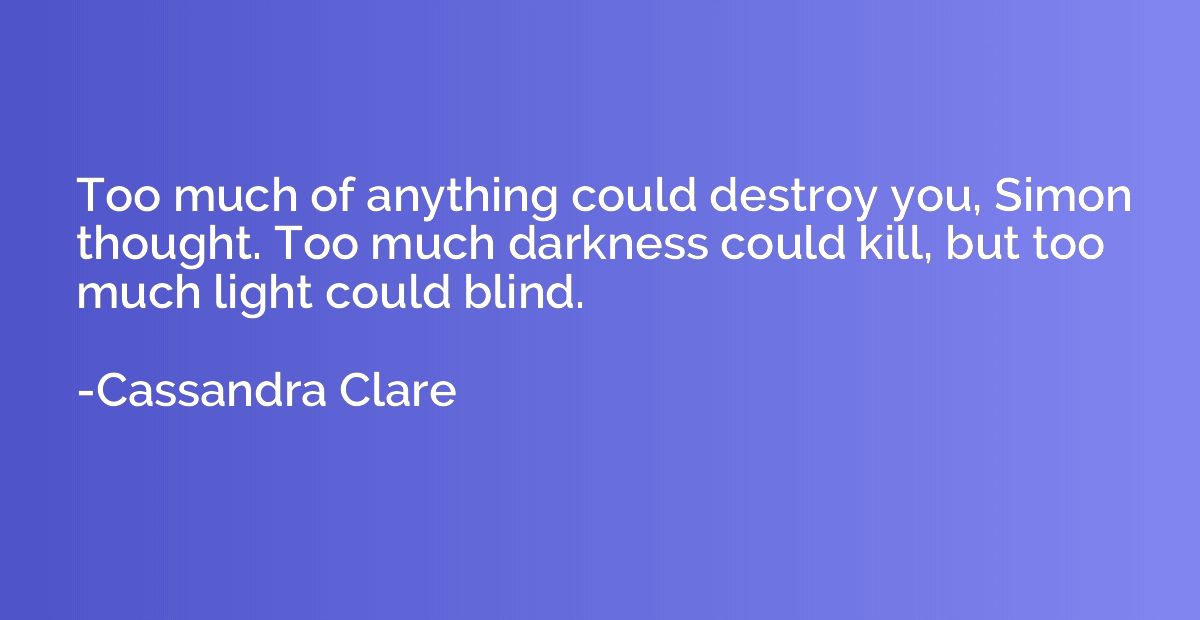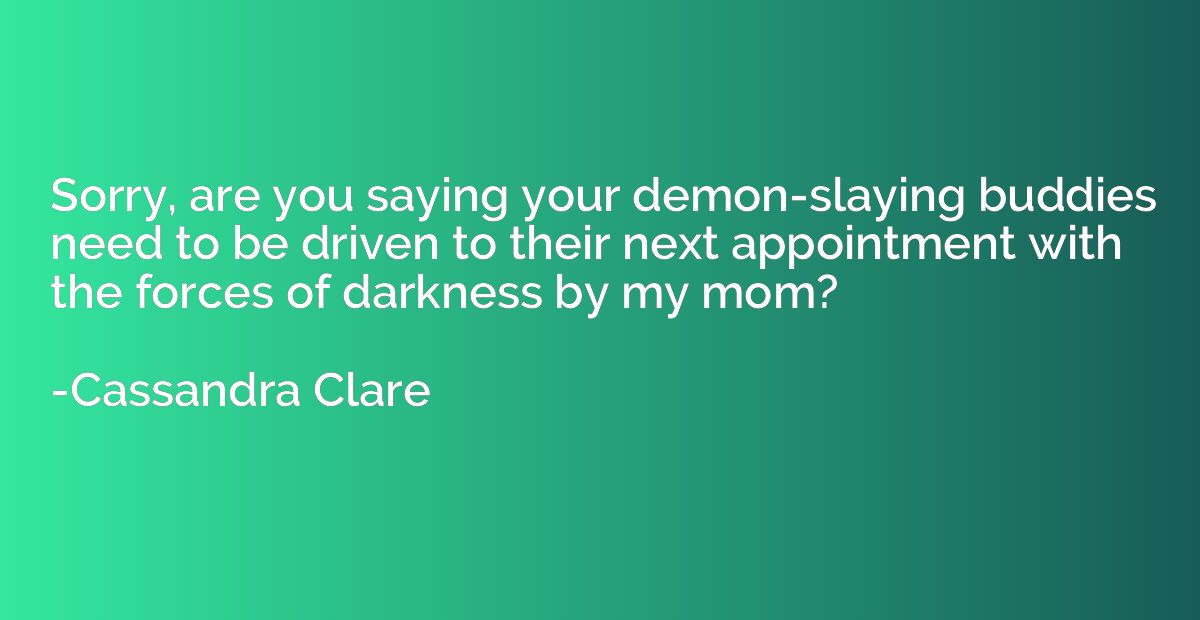Summary
This quote reminds us of the importance of standing up for our rights and freedoms, not just for ourselves but for the benefit of everyone. It emphasizes the interconnectedness of our rights, suggesting that if one person loses a right, it creates a precedent that can be extended to others as well. It encourages us to be vigilant in protecting the rights of others because society is stronger when everyone's rights are upheld. Ultimately, it highlights the collective responsibility we share in defending and preserving the rights that safeguard our individual and societal well-being.
